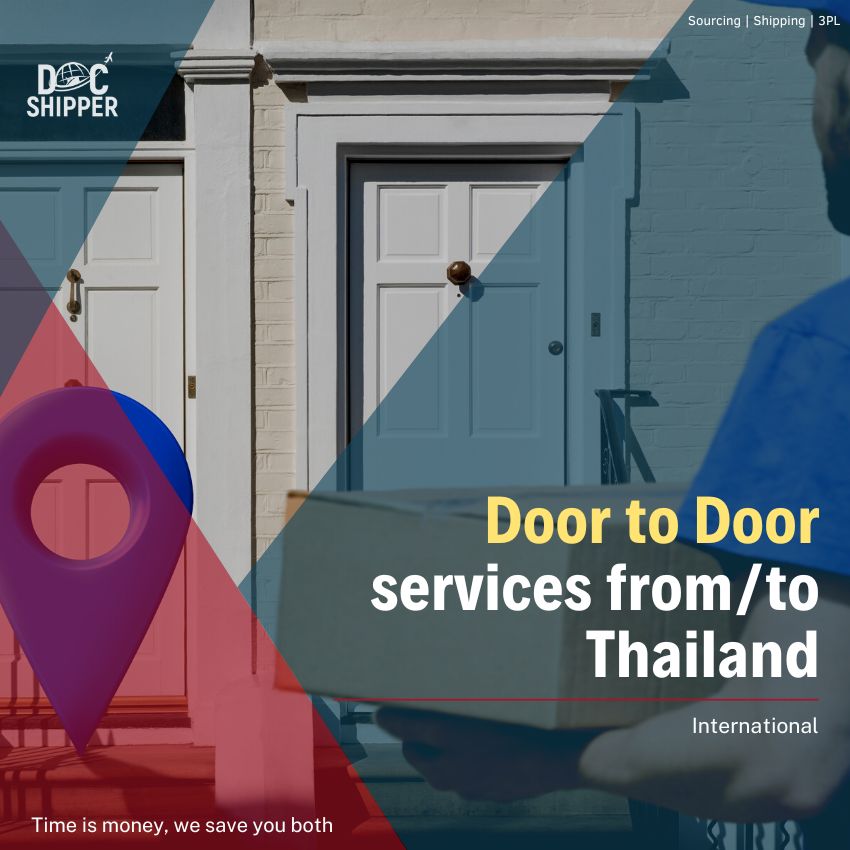
INTERNATIONAL IMPORT/EXPORT OPTIONS: DOOR TO DOOR VS. DOOR TO PORT
Don’t be confuse between CIF, DAT and DAP Incoterms
Many importers/exporters in South-East Asia choose to require shippers’ services for part of the transportation, or even for the full process.
We can identify two main solutions when it comes to importations:
- DAP (or DAT) : The exporter/seller is in charge of the freight transportation from door-to-door. The importer is only responsible for customs clearance, duties, and taxes before the shipment is released for delivery. The difference between DAT and DAP is the place of delivery, DAT means Delivery At Terminal which could be a port or airport.
- CFR (or CIF) : The exporter/seller is in charge of the freight transportation from door-to-port/airport. The importer is responsible for customs clearance, duties, taxes before the shipment is released for delivery, and transportation from port of arrival to door. The difference between CIF and CFR is the Insurance which is included in the CIF Incoterm.
We will analyze and compare in this article only 2 of them: CFR and DAP. Let’s see in detail what are the pros and cons of each solution mentioned before.
DAP: Delivery at place
The first solution in which the shipper provides a door-to-door service may be perceived as the best one for the importer, as he would just have to handle customs clearance, duties and taxes.
Nevertheless, after the goods are cleared by the customs, the shipper takes the control of the shipment back to set up the delivery. At this moment of the supply chain, we often witness important delays, because the importer has no more control on the delivery, or on which company is going to handle it.
About ocean shipments, often the shipper will book the door-to-door service with the same shipping line that set up the freight. When the customs clearance is done, the ocean line will basically assign a trucking company to proceed to the delivery.
This solution implies involving too many parties, which can lead to mistakes, misunderstandings, unmet deadlines, etc. Communication is a lot more complicated and it can often lead to delays. This can be a cost-effective option though, as the rates are often cheaper when booked entirely from door to door. However, by choosing this option, you are giving up a lot of control over the delivery process.







